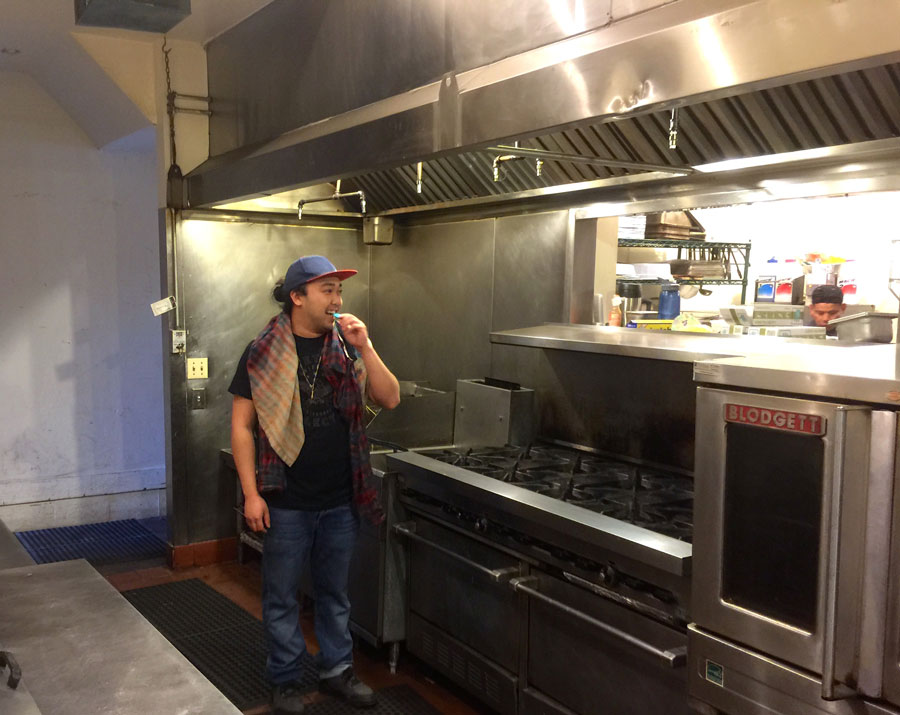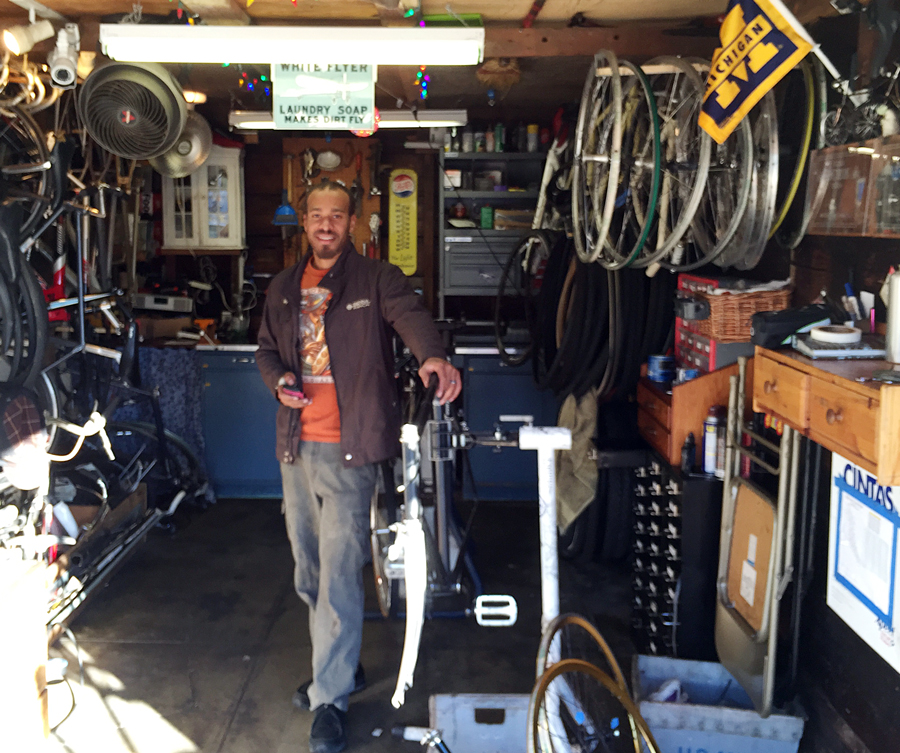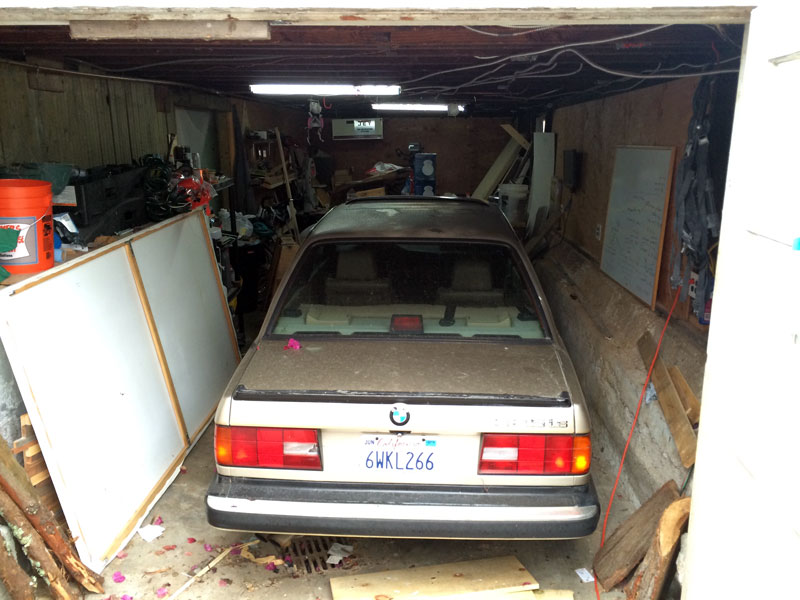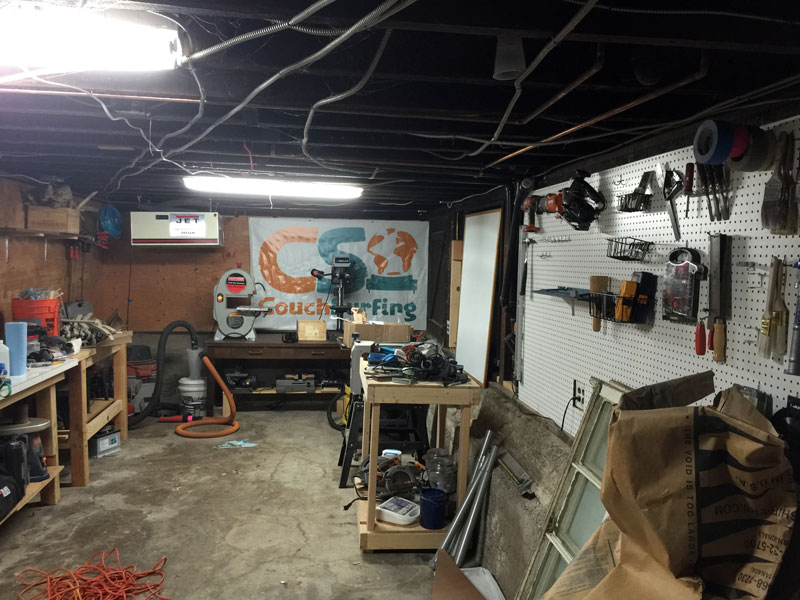
Justin runs Compass Green — a school garden on wheels. It is a fully functional greenhouse built in the back of an 18ft. box truck that grows vegetables, grains, and herbs and is powered by waste vegetable oil. He travels the country teaching students. I talked with him about some of the ins and out of his business.
Ben Hanna: How many students are you serving a year right now?
Justin Cutter: This year, I taught 10,000 students, which is my goal since I started Compass Green – to be teaching 10,000 students with one truck per year.
Ben Hanna: How did the idea for Compass Green kick off?
Justin Cutter: I had been working with John Jeavons, this world-famous agriculturalist, to help start a program called the Green Belt Team with the goal to train people to go to developing nations and start sustainability centers.
After doing that, I felt like I wanted to do something for agriculture in my own country. I started traveling to colleges and teaching workshops on Biointensive sustainable agriculture, which is just a kick ass system that is super productive and super sustainable.
When I was part of that I would also give this presentation on our global food situation and what our choices about food are doing to our bodies and our planet. How it can be incredibly positive, but right now we’re on a pretty bad track.
Those would be open to the public and some were very well attended. There are all people who are already interested in sustainability and I saw pretty quickly that I was falling into these traps of preaching to the choir, which is a very enjoyable thing to do but not very productive. I realized that if I’m actually going to make any difference in sustainability in the US, then I would have to reach the people who:
1) Did not have access to this kind of thing.
2) Who were also “just” interested… The people who saw a poster for a talk about food sustainability or anything with the word ‘sustainable’ in it. People who would just not want to go because it would trigger some kind of trippy tree-hugger sentiment that they didn’t want to be a part of.
Around that time, one of my old high school buddies called me with this idea to turn a truck into a greenhouse. He was thinking of going to farmer’s market and stuff like that and knew that I was in agriculture and so that’s why he brought it up to me.
To me, I instantly felt like it was a fantastic idea but instead of using it as a way for us to have an adventure in itself and it seems like an amazing way to have an adventure and really reach people who would not, otherwise, be exposed to this kind of education and teach them about sustainability.
The truck would serve both as a vehicle to get to those places but also as a really cool interest piece that would capture the attention and imagination of the audiences, regardless whether they were already interested in gardening or sustainability or anything like that.
From there, we just ran with it. Started up in Brooklyn, New York in 2011.
Ben Hanna: You guys actually started by funding yourselves with a Kickstarter, right?
Justin Cutter: We did, yeah. Kickstarter was very crucial for us. We didn’t have any money and we weren’t interested in going into major debt to get us off the ground so we did a Kickstarter campaign and were successful in meeting our goal of $27,000. That was enough to buy the truck and retrofit it into a mobile greenhouse that can also be run off of vegetable waste vegetable oil.
Ben Hanna: How are you funded now? What’s your primary source of income?
Read the rest »









